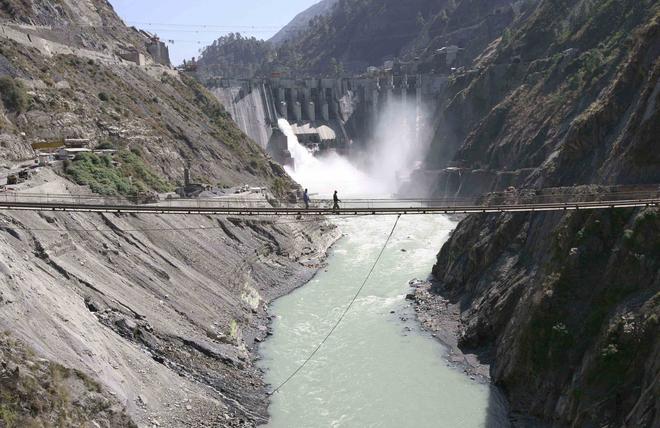Free Courses Sale ends Soon, Get It Now


Free Courses Sale ends Soon, Get It Now



Copyright infringement is not intended
Context: Pakistan has objected to Prime Minister Narendra Modi’s visit to Kashmir and laying of foundation stones for the construction of the Rattle and Kwar hydroelectric projects on the Chenab river, which it claimed was a “direct contravention” of the Indus Waters Treaty.
Rattle and Kwar hydroelectric projects:
Indus Water Treaty:
Permanent Indus Commission:
Renegotiation of treaty:
https://indianexpress.com/article/india/pakistan-objects-to-pm-narendra-modis-visit-to-kashmir-7886098/
© 2024 iasgyan. All right reserved